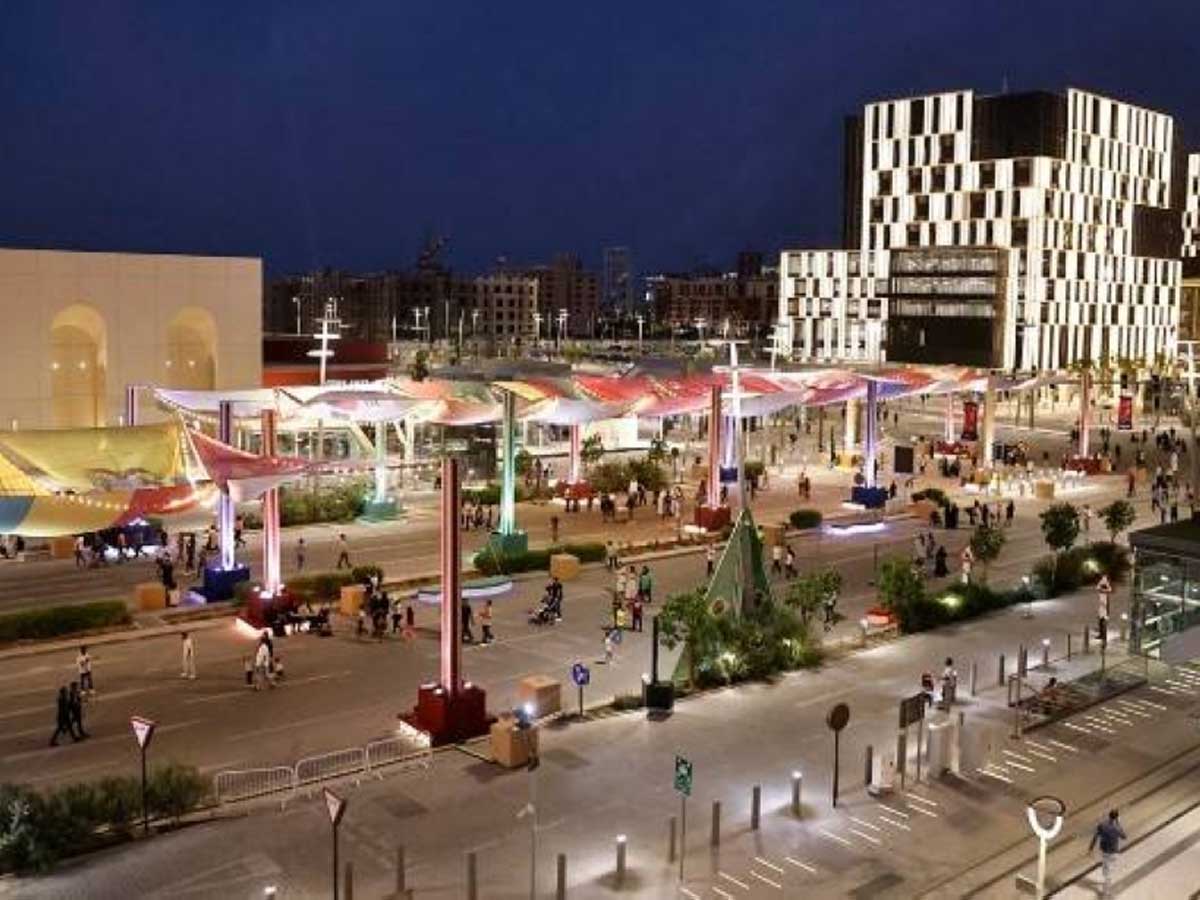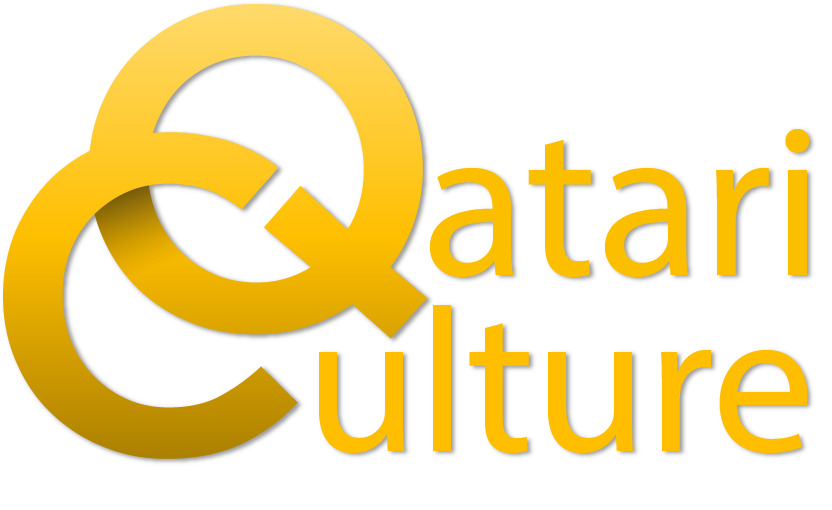Катар, Небольшая, но быстро развивающаяся нация в Аравийском заливе, является свидетельством тонкого баланса между сохранением наследия и принятием современности. За последние несколько десятилетий, Катар превратился из скромного жемчужного рыболовного и торгового сообщества в глобальный центр для торговли, образование, и культура. Эта трансформация привела к значительным изменениям в катарской культуре, влияет на все, от социальных норм до художественных выражений. Эта статья исследует эволюцию катарской культуры, Изучение того, как наследие сохраняется и адаптируется перед лицом модернизации.
Исторический контекст: Корни катарской культуры
1.Бедуины традиции: По своей сути, Катарская культура глубоко укоренена в традициях бедуинов. Раннее катарское общество характеризовалось кочевым образом жизни, с племенами полагаются на рыбалку, Жемчужное дайвинг, и торговля на поддержку. Ценности гостеприимства, верность, и уважение к старейшинам было центральным в этом образе жизни. Устные традиции, поэзия, и рассказывание историй служило жизненно важным средствам сохранения истории и культурной идентичности.
2.Исламское влияние: Прибытие ислама в 7 -й век. Исламские учения подчеркивали сообщество, Семейные ценности, и социальная ответственность, который укоренился в образе жизни катарских. Принципы ислама продолжают влиять на повседневные процедуры, этические ценности, и социальные взаимодействия, укрепление коллективной идентичности среди людей.
3.Колониальное воздействие: В 19 -м и начале 20 -го веков Катар попал под влияние различных колониальных держав, которые ввели новые политические и экономические структуры. Открытие нефти в середине 20-го века ознаменовало поворотный момент, предоставление ресурсов, необходимых для быстрого развития и модернизации. Богатство, полученное из экономики Катара, вызванного нефтью., приводя к значительным изменениям в социальной и культурной динамике.
Охватывает современность: Экономическая и социальная трансформация
1.Экономическое развитие: Нефтяной бум продвигал Катар на мировую сцену, Привлечение инвестиций и международных партнерских отношений. Это экономическое преобразование способствовало городскому развитию, с современной инфраструктурой, небоскребы, и роскошные удобства, появляющиеся по всей стране. Столица, Доха, превратился в космополитический город, который сочетает в себе традиционную архитектуру катар с современным дизайном.
2.Образование и экономика знаний: В соответствии с его национальным видением 2030, Катар расставил приоритеты в образовании как средство построения экономики, основанной на знаниях. Создание университетов мирового класса, Исследовательские центры, И учебные заведения привлекли студентов и ученых со всего мира. Это внимание на образовании поощряло культуру инноваций и интеллектуального обмена, Решение социальных норм в области обучения и профессионального развития.
3.Разнообразное население: Быстрое развитие Катара привлекло разнообразное население экспатриантов, который принес новые культурные влияния и идеи. Сегодня, Катарское общество включает в себя сочетание национальностей и культур, Создание богатого гобелена традиций и практик. В то время как это разнообразие обогащает культурный ландшафт, Это также представляет проблемы в балансировке наследия с притоком новых перспектив.
Роль правительственных и культурных институтов
1.Культурное сохранение: Правительство Катара признает важность сохранения культурного наследия среди быстрой модернизации. Инициативы, направленные на защиту традиционных практик, включают в себя создание музеев, культурные центры, и фестивали, которые празднуют историю и идентичность Катари. Управление музеев Катара играет решающую роль в содействии культурной осведомленности и обеспечению того, чтобы наследие не было потеряно перед лицом прогресса.
2.Продвижение искусства и культуры: Катар значительно инвестировал в содействие искусству и культуре как средство повышения национальной идентичности и содействия социальной сплоченности. Такие мероприятия, как «Кумра» Института фильма Дохи и Катара Культурная деревня демонстрируют местные и международные таланты, Создание платформ для художественного выражения. Ежегодная международная книжная ярмарка в Дохе и Катарский международный художественный фестиваль также являются ключевыми событиями, которые отмечают литературу и визуальное искусство.
3.Культурная дипломатия: Приверженность Катара к культурной дипломатии очевидна в своих усилиях по взаимодействию с международным сообществом. Страна активно участвует в глобальных культурных диалогах и инициативах, содействие взаимному пониманию и сотрудничеству. Это взаимодействие помогает позиционировать Катар как культурный центр в регионе, одновременно способствуя уважению к его наследию.
Пересечение традиций и современности
1.Искусство и литература: Современная художественная сцена Катара характеризуется слиянием традиционных и современных стилей. Художники черпают вдохновение из Катарского наследия, Включение элементов поэзии, каллиграфия, и мастерство в их работе. В то же время, Они исследуют современные темы и среды, отражая динамическую природу Катарского общества. Литература также развилась, с писателями, занимающимися современными проблемами, в честь культурных корней, Создание богатого литературного ландшафта.
2.Мода и личность: Традиционная одежда катарской, такие как Thobe для мужчин и абая для женщин, остается символом культурной идентичности. Однако, Современные дизайнеры одежды переосмысливают эту традиционную одежду, Смешивание современной эстетики с культурными элементами. Эта эволюция отражает более широкую тенденцию, в которой молодежь Катара охватывает свое наследие, выражая при этом их индивидуальность и современный стиль.
3.Кухня: Катаральная кухня - еще одна область, где традиция встречает современность. Традиционные блюда, такие как махбубу и печи, продолжают лелеять, Но существует также растущий интерес к кухне слияния и международным вкусам. Рестораны и кафе по всему Катару теперь предлагают разнообразные кулинарные впечатления, Отражая многокультурные влияния, присутствующие в стране.
Социальная динамика и изменение норм
1.Гендерные роли: Традиционно, Катарское общество было патриархальным, с различными ролями для мужчин и женщин. Однако, Модернизация привела к изменению гендерной динамики, с женщинами, которые все чаще участвуют в образовании и рабочей силе. Катарские женщины преодолевают барьеры в различных областях, от бизнеса до политики, все еще поддерживая семейные ценности и культурные обязанности. Эта развивающаяся динамика отражает растущее признание вклада женщин в общество.
2.Молодежное участие: Молодежь Катара находится на переднем крае культурной трансформации. С доступом к глобальной коммуникации и информации, Молодые катарцы формируют свою идентичность таким образом, чтобы это соблюдают их наследие, охватывая современные влияния. Платформы социальных сетей стали местами для выражения, позволяя молодым людям подключаться, делиться идеями, и участвовать в культурных диалогах. Готовность молодого поколения исследовать новые идеи, в то время как оценка традиции имеет ключевое значение для формирования будущего катарской культуры.
3.Сообщество и семья: Несмотря на быстрые изменения в обществе, Важность семьи и общины остается фундаментальным аспектом культуры катарской культуры. Семейные собрания и общественные мероприятия продолжают играть жизненно важную роль в поддержании связей и сохранении культурных традиций. Однако, Как общество модернизируется, Появляются новые формы вовлечения сообщества, с акцентом на инклюзивность и общий опыт.
Проблемы и возможности
1.Баланс наследия и современности: Одной из наиболее значительных проблем, стоящих перед культурой катар, является поиск баланса между сохранением наследия и принятием современности. Поскольку глобализация влияет на культурные практики, Существует риск того, что традиционные значения могут быть омрачены. Катарскому обществу важно активно участвовать в дискуссиях о культурной идентичности и роли традиций в быстро меняющемся мире.
2.Культурная гомогенизация: Приток экспатриантов и глобальных влияний может разбавить уникальные культурные практики. Обеспечение того, чтобы культура катарской культуры оставалась яркой и отчетливой, требует сознательных усилий, чтобы праздновать и способствовать местным традициям, одновременно способствуя межкультурным обменам, которые обогащаются, а не гомогенизировать, культурный ландшафт.
3.Сохранение языка: Арабский язык является жизненно важной частью катарской идентичности, и должны быть предприняты усилия, чтобы сохранить его на фоне растущего использования английского языка, особенно в образовании и бизнесе. Поощрение использования арабского языка в литературе, искусство, и ежедневные взаимодействия имеют решающее значение для поддержания культурной целостности.
Будущее катарской культуры
Поскольку Катар продолжает ориентироваться по пути от наследия к современности, Будущее его культуры будет определено взаимодействием между традициями и изменениями. Охватывание многогранной культурной идентичности, которая чтит прошлое, приняв будущее, будет необходимо для стимулирования оживленного и инклюзивного общества.
1.Культурные инновации: Слияние традиционных и современных элементов, вероятно, приведет к инновационным выражениям катарской культуры. Художники, писатели, и исполнители будут продолжать изучать новые среды и темы, Внесение вклад в динамичный культурный ландшафт, который отражает разнообразный опыт общества Катара.
2.Устойчивость и наследие: Поскольку Катар сталкивается с проблемами, связанными с устойчивостью и экологической осведомленностью, Будут возможности интегрировать традиционные практики с современными инициативами по устойчивому развитию. Этот подход может улучшить культурное наследие при решении современных проблем, содействие целостному пониманию развития.
3.Глобальное участие: Роль Катара как культурного центра будет продолжать расти, с постоянными усилиями по взаимодействию с международным сообществом. Культурные обмены, Совместные проекты, и участие в глобальных диалогах будет обогащать культуру катарской культуры, стимулируя взаимное уважение и понимание.
Заключение
Трансформация катарской культуры из наследия в современность является сложным и продолжающимся процессом. Как Катар охватывает модернизацию, Крайне важно распознать и сохранить культурные ценности, традиции, и практики, которые определяют его идентичность. Балансирование богатого наследия прошлого с динамическими влияниями настоящего будет формировать будущее катарской культуры, Обеспечение того, чтобы он оставался яркой и неотъемлемой частью идентичности страны. Через инновации, вовлечение сообщества, и приверженность сохранению культурной целостности, Катар может ориентироваться в проблемах модернизации, в то же время в честь богатого гобелена его культурного наследия.

Катарские традиции и культура представляют собой завораживающее сочетание древнего бедуинского наследия., Исламская вера, и живой дух сообщества, который манит вас исследовать и испытать на собственном опыте.

Катарские традиции и культура представляют собой завораживающее сочетание древнего бедуинского наследия., Исламская вера, и живой дух сообщества, который манит вас исследовать и испытать на собственном опыте.
Авторское право 2024 © Все права принадлежат Qatari Culture